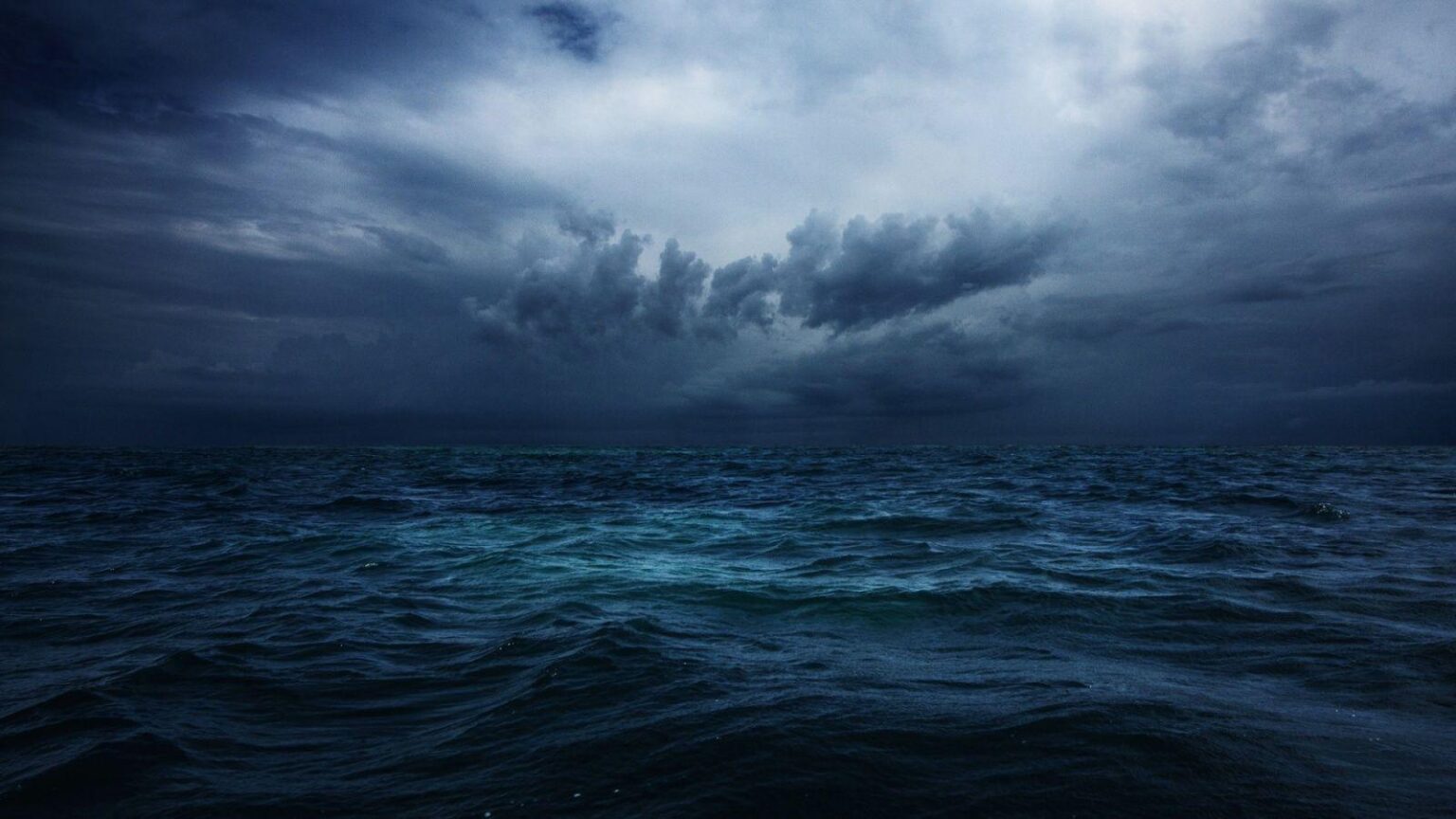Coral Reef Conservation and Biodiversity Awareness | Early Career Ocean Professional (ECOP)
The Value of a Life

The ethical and philosophical implications behind the fundamental economic principles of living organisms are far more complex than how we consider analyzing a stock price. Valuation is not such a simple word since different characters at play behind the curtain calculating the vague elements that cause us to respect the natural capital of the environment, especially the ocean. However, there are different approaches which are used to estimate said capital, each one giving a holistic and wider view of different type of market.
Understandably, if one were to put a price tag on the ocean it might seem like a good idea initially, but where would it end? Are we to begin to calculate the dollars and cents for how much air people breathe? The amount of space they take up? The amount of food and water they consume?
This kind of thinking can only lead us down a slippery slope, with money not holding the answer to sustainability, nor is it a savior to the world when we keep making up new ways to spend cash. What will happen when we run out of ways to spend our greed? At the moment, valuing the ocean is only just a stopgap solution, a momentary respite causing some of us to hide with our heads in the sand while pretending like there is nothing wrong with the world while the rest of us run around with our heads cut off like chickens, to be fair to the chickens at least they’re trying their best instead of pretending like nothing is wrong.
Putting a price tag on life is not an answer to the climate crisis, but instead will give humanity more breathing room to come up with a sustainable solution. We need to become better stewards of the Earth. The ground beneath our feet that we tread upon does not belong to us nor the air that we breathe. This planet is not just ours, yet we treat and act like it is. In doing so, we’ve created separate but not-so-equal societies by placing boundaries and drawing lines in sand without realizing that we have a natural symbiotic relationship with the biological organisms that we share this planet with and we have yet to fully grasp the depths of how deeply this connection runs.
Creating a valuation structure that deals with assets based off of natural capital is only a way to stall the climate crisis, not create a sustainable solution for the future.
If natural assets are to be thought of as human-made capital stocks, such as universities or libraries that provide a service for individuals, let us take the ocean’s fish stocks as an example of natural capital. The human-made capital stock, let’s say a library, delivers a service to the students that can sit there reading and learning indefinitely.
A natural capital stock is an ecosystem that provides food and nutrition to humans by way of consumption. This valuation method is what we currently use today for the cost-benefit analysis. Back in 2020, ScienceDirect wrote an article giving more information saying “Most studies have focused on cost-benefit analyses or some other form of economic valuation (Larrère & Larrère, 2007). Utilitarian approaches, however, fail to recognize and embrace the complex ways humans relate to nature (Collet, 2007).”
However we did not create the land, seas, or sky. And it should not be our decision to put a figure or try to calculate the value of a life. That is not a decision that should be up to us.
There is a call to action being rung for citizens to be more involved in marine conservation and governance. This area is sorely lacking in many critical areas and before putting a price tag on the Earth’s most valuable natural asset we shouldn’t give up so easily or this will set a terrible precedent for future generations.
